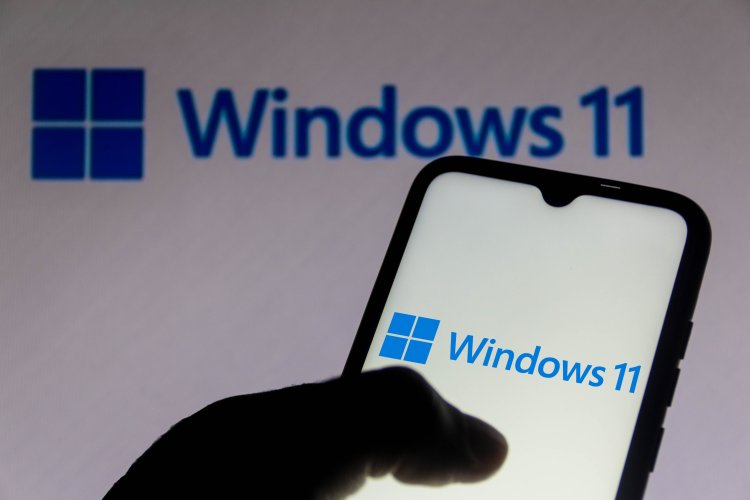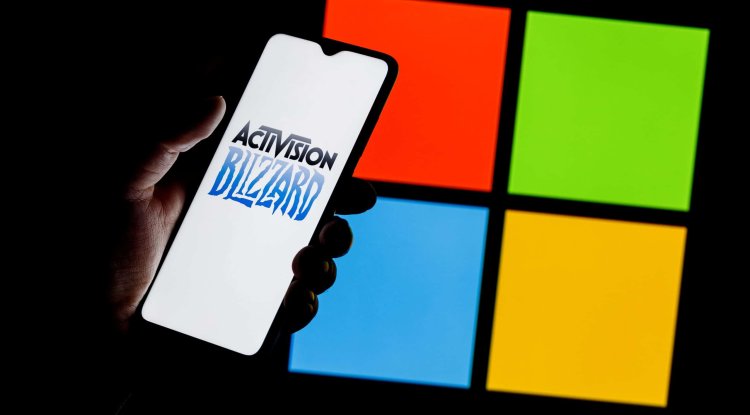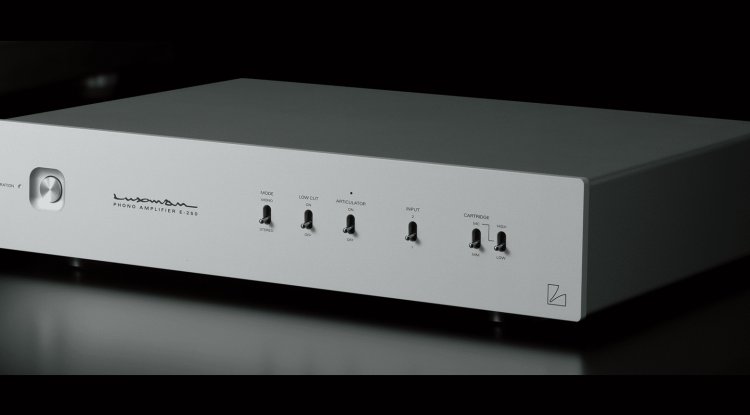Windows 11 arrives by mistake on unsupported computers
During the second half of last year, there was a lot of discussion about Windows 11's technical requirements. The exclusion of a lot of hardware and the requirement to have TPM and Secure Boot to ensure access to systems has been one of the most criticized parts of this new Microsoft operating system version since its release in June, until the beginning of its progressive deployment. And so much so that, after initially claiming that Windows 11 could not be installed on non-compliant PCs, they eventually gave their arm half-twisted, accepting but with major limits.

One of the most prominent limitations is that customers with systems that did not satisfy the minimum requirements could install Windows 11, but only as a new system, rather than as an upgrade from Windows 10. And we know folks who, although wanting some of the new capabilities, prefer to keep with Windows 10 to avoid the effort of "shifting" everything from one installation to another, even if they are on the same PC.
As a result, some Windows Insiders were recently surprised to discover that, in conjunction with the deployment of the 22H2 update in the preview channel, their operating system indicated that they could upgrade to Windows 11 22H2 from Windows 10 despite the fact that their systems were incompatible. Perhaps Redmond has altered its mind and, as a result, determined that Windows 11 is for everyone?
Unfortunately, this is not the case. As we can see in Windows Latest, this did occur, but it was due to a mistake that Microsoft is still investigating, and they were aware of it quickly after it occurred and made the required changes to deactivate it. Furthermore, as previously reported, none of the insiders who had the temporary option of upgrading to Windows 11 did so while the option was still available.
When asked if this should be understood as implying that the operating system's minimum requirements are being reviewed in order to allow its usage on more systems, Redmond would have said no, that there are no intentions to decrease the entrance threshold of Windows 11 at this time. However, we have been discussing for a few months that its adoption is lower than predicted. Nothing should happen if Windows 11 22H2 serves as a boost, but if user quotas continue to expand so slowly... anything is possible.




























